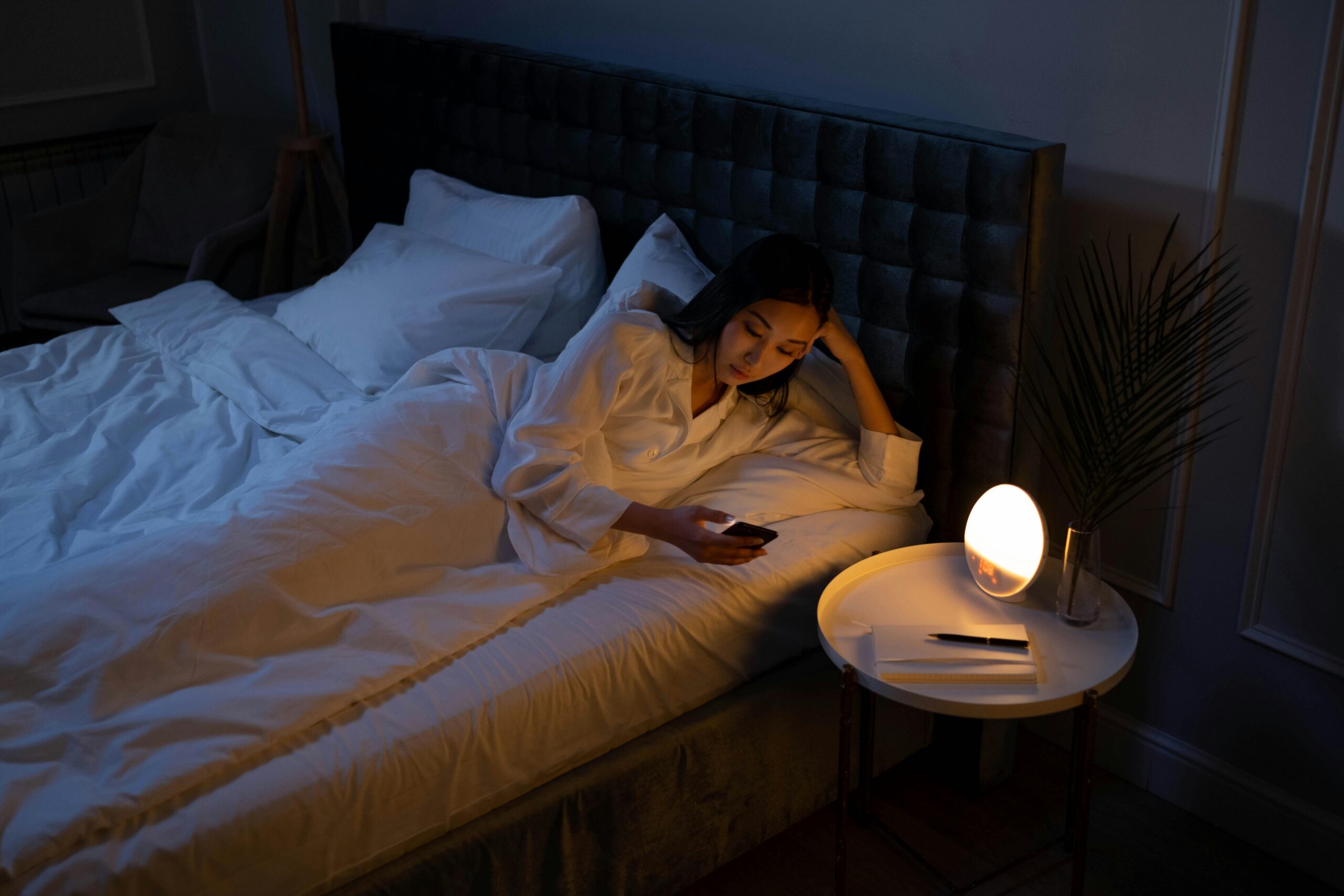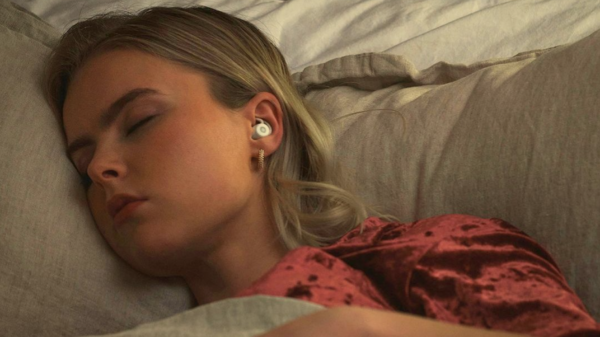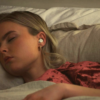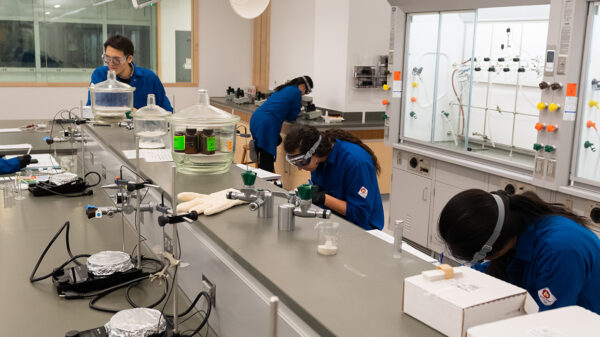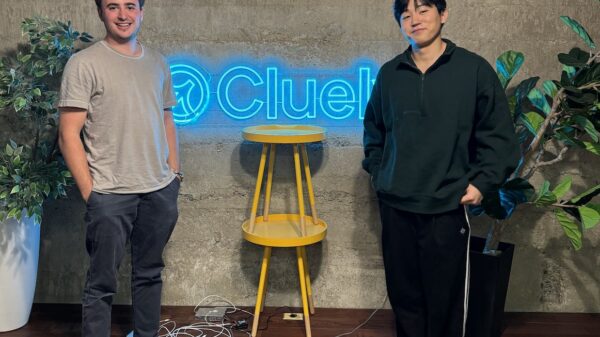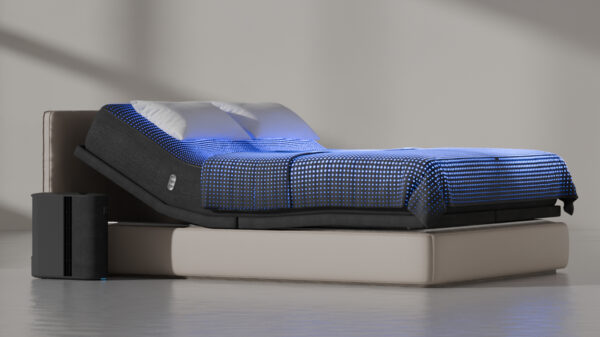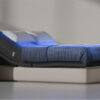Spending your evening hours scrolling through memes and laughing at haters on social media may be entertaining, but new research has found that it may be best to refrain from such unproductive activity.
A Norwegian study published in the journal Frontiers in Psychiatry on Saturday involving over 45,000 university students has determined that looking at your smartphone for an hour after getting into bed is associated with a 59 to 63 per cent increased risk of insomnia. Also, 24 minutes less sleep on average.
The European researchers involved also found that those who only looked at social media were less likely to have symptoms of insomnia in comparison to participants who were exclusively staring at e-books, educational apps, news or searching the web for this and that. This finding was “independent of screen time” they highlighted.
“Surprisingly, the group only using social media had the lowest proportion reporting symptoms of insomnia and the longest sleep duration, while the group only engaging in other activities besides social media had the highest proportion reporting symptoms of insomnia and the shortest sleep duration,” they specified in the Frontier journal.
Despite this, they determined that screen time laying on a mattress had a negative impact on sleep overall, in all participants. Data for their investigation was collected from scholars between the ages of 18 and 28 who were surveyed regarding their scrolling activities in 2022.
The investigators also assessed their sleep habits, including average duration and usual waking hours.
“Those not using screens in bed had 24 per cent lower odds of reporting symptoms of insomnia,” the authors added in their discussion.
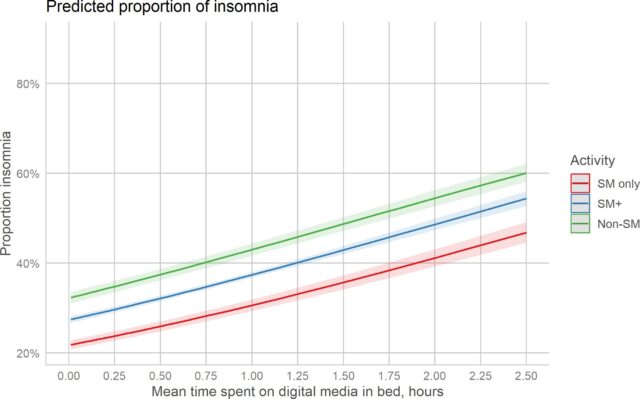
Graph: Frontiers in Psychiatry
Read more: Cannabinoid-infused pillowcases help nurses get improved rest
Read more: Hapbee talks bio-streaming tech on Spotify with wellness expert Gary Brecka
Link between phones and inadequate rest is well-known
Research completed in recent years has shown that smartphones can be detrimental to sleep health, particularly in youth.
An analysis published in the journal JAMA Pediatrics in late 2024 determined that usage of these devices had a significant negative impact on young people ages 11 to 14. Playing games and fiddling around with other mobile apps is particularly bad, the assessment found.
“In this repeated-measures cohort study, use of an objective method showed that screen time once in bed was associated with impairment of sleep, especially when screen time was interactive or involved multitasking,” the authors explained.
Harvard Medical School has largely attributed this issue to the blue light that smart devices emit. In an article published in July, the prominent institution pointed out that it can result in a substantial reduction in the amount of a critical sleep hormone that the human body produces: melatonin.
“Exposure to light suppresses the secretion of melatonin, a hormone that influences circadian rhythms,” the article highlighted. “While light of any kind can suppress the secretion of melatonin, blue light at night does so more powerfully.”
rowan@mugglehead.com

